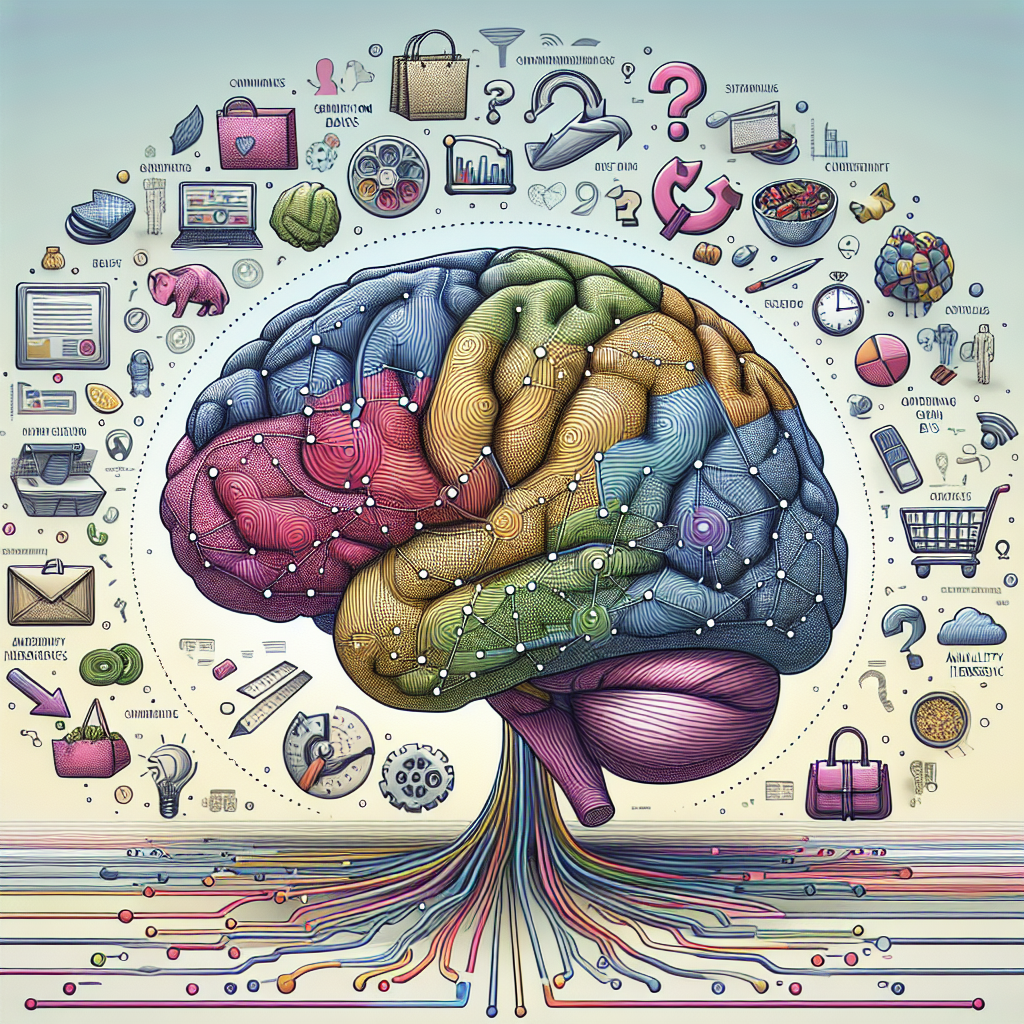Mind Traps: How Cognitive Biases Steer Your Decision-Making Off Course

Have you ever wondered why you make choices that don’t seem to make sense? Why you might stick with a bad habit or buy something you didn't really need? Welcome to the world of cognitive biases—hidden mental shortcuts that shape our judgments and behaviors, often leading us astray. Understanding these biases can empower you to be a better decision-maker in your everyday life.
What Are Cognitive Biases?
Cognitive biases are systematic errors in thinking that affect the decisions and judgments that people make. They’re like mental blind spots that can distort our thinking and lead to irrational conclusions. These biases are often the result of our brain's attempt to simplify information processing, resulting in shortcuts that aren’t always reliable.
Common Cognitive Biases You Might Encounter
Here are a few cognitive biases that might sound familiar:
- Confirmation Bias: This bias leads people to favor information that confirms their preexisting beliefs while ignoring contradicting evidence. For example, if you believe a certain health supplement works, you may only seek out positive testimonials and dismiss scientific studies that question its effectiveness.
- Anchoring Bias: This occurs when individuals rely too heavily on the first piece of information they encounter. For instance, if you're shopping for a car and see one with a price tag of $30,000 first, you might perceive a car costing $25,000 as a better deal, even if both cars are overpriced.
- Availability Heuristic: This bias leads individuals to overestimate the likelihood of events based on how easily examples come to mind. After hearing about a couple of airplane crashes, for instance, you might think flying is more dangerous than driving, even though statistics prove otherwise.
Why It Matters
Being aware of cognitive biases is essential because they can significantly impact our choices—from simple decisions like what to eat for dinner to more complex choices such as investment strategies. By recognizing these biases in yourself, you can make a conscious effort to analyze situations more objectively and improve your decision-making process.
How to Overcome Cognitive Biases
While we may not be able to completely eliminate cognitive biases, there are strategies to minimize their effects:
- Question Your Assumptions: Ask yourself whether your conclusions are based on solid evidence or emotional reactions.
- Seek Diverse Perspectives: Engaging with people who have different viewpoints can help challenge your biases and broaden your understanding.
- Take Your Time: Avoid making snap decisions. Give yourself time to think things through and gather relevant information.
Conclusion
Cognitive biases are a fascinating aspect of human psychology, influencing our decisions in ways we often don't realize. By learning to recognize them, we can take steps to ensure our choices are better aligned with reality. The next time you find yourself facing a tough decision, take a moment to reflect—are biases at play? With awareness and practice, you can navigate these mind traps and make more informed choices.